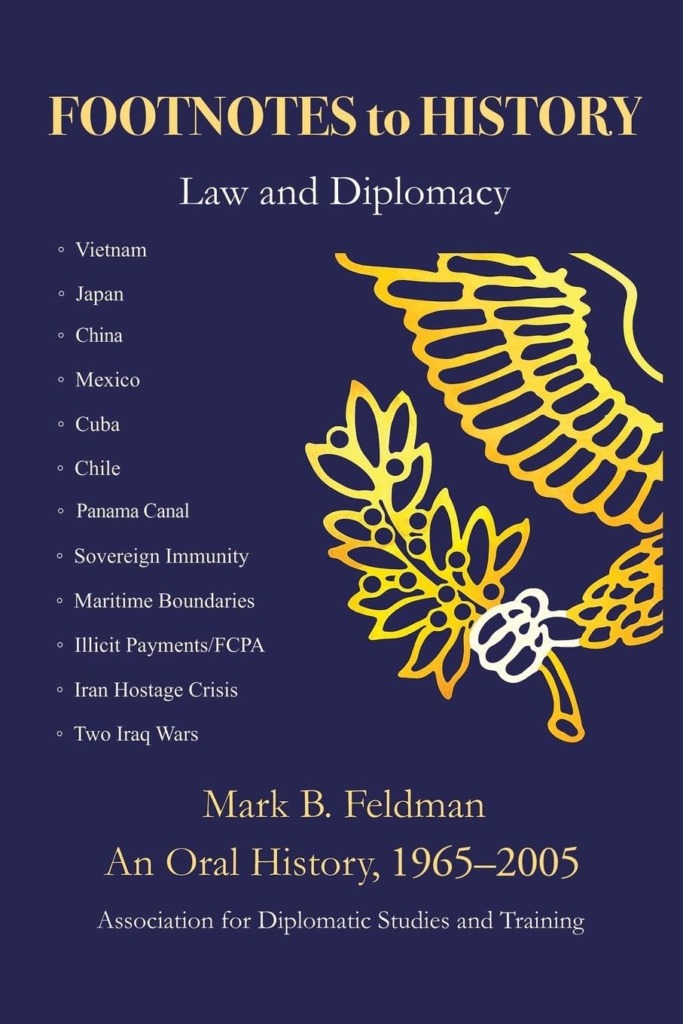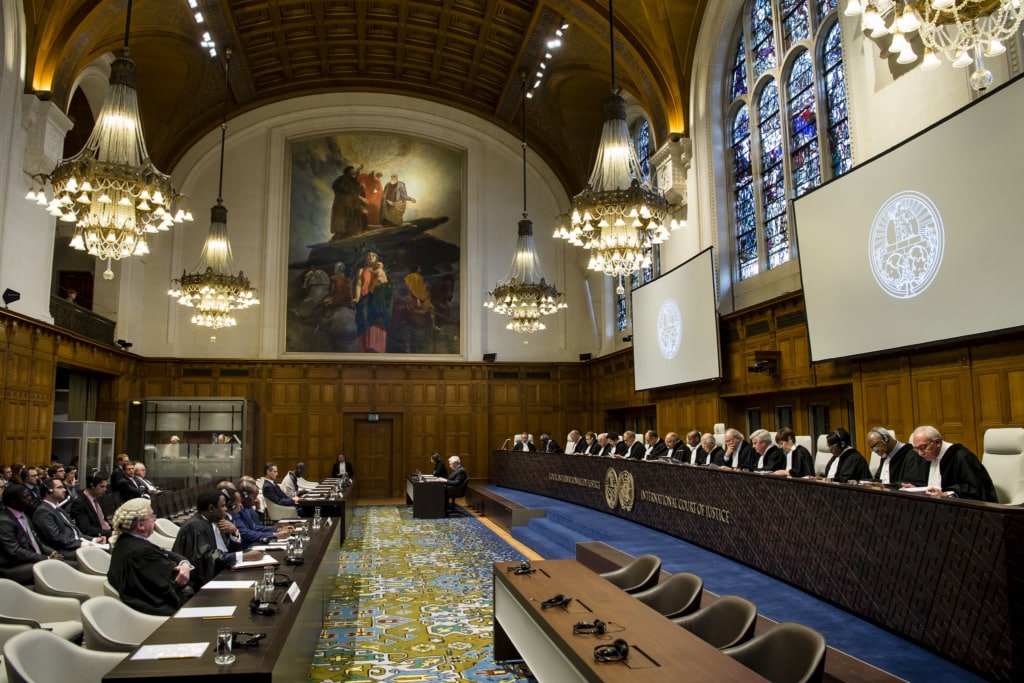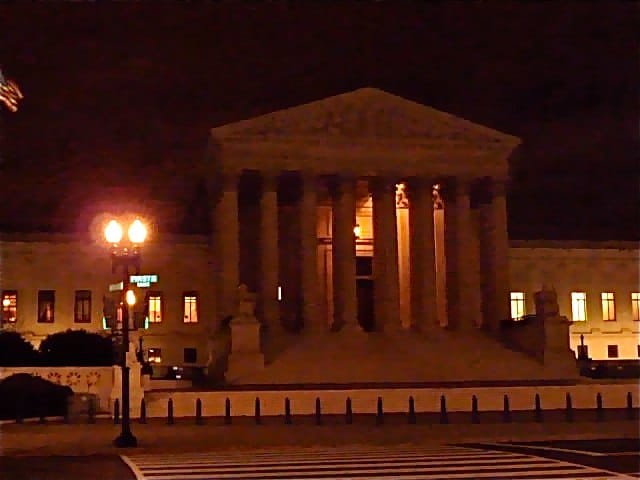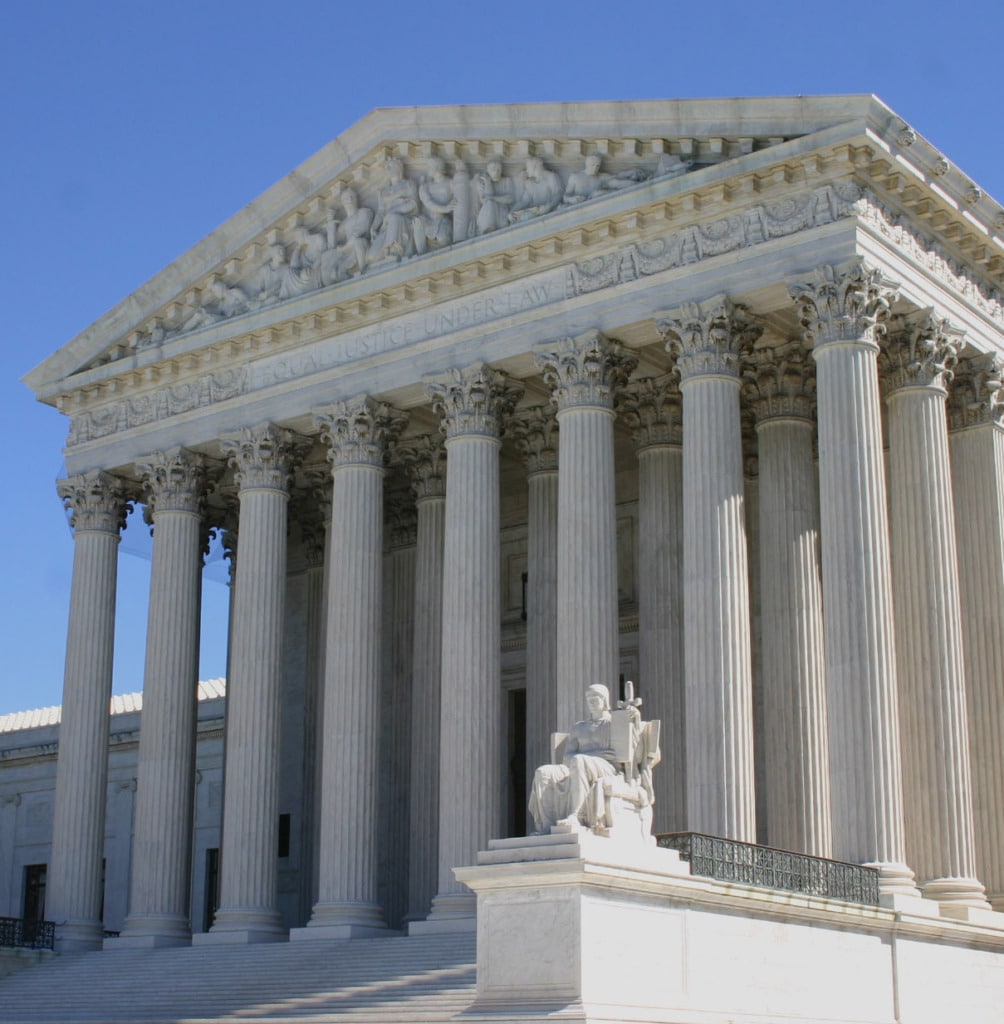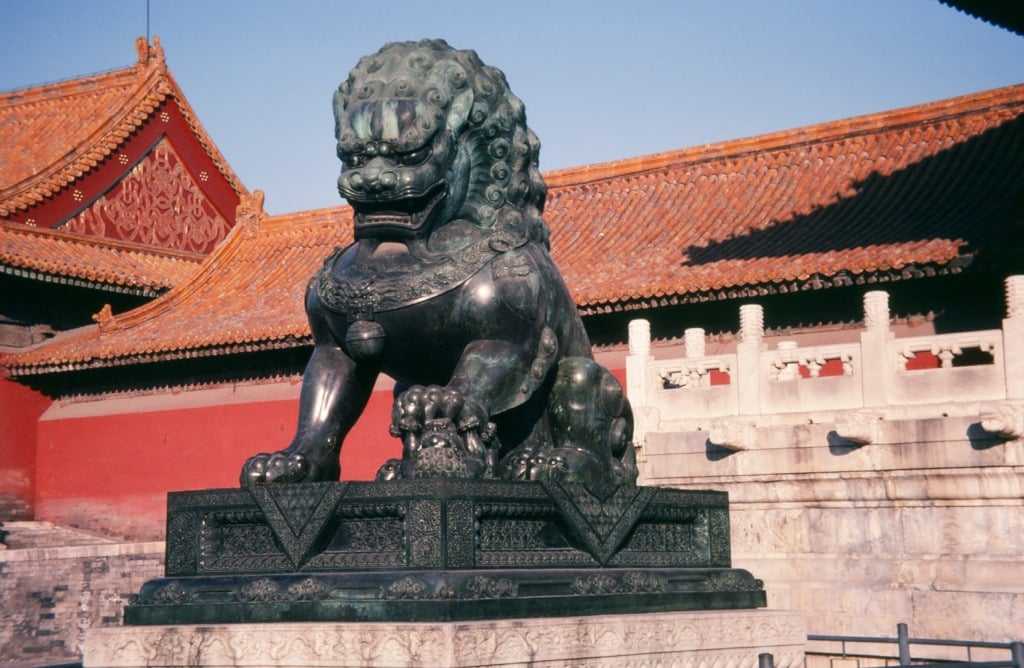New Decision on Email Service Under the Hague Service Convention
Regular TLB readers may recall that federal district courts are struggling with an important procedural question: whether they may authorize email service when the defendant resides in a country that is party to the Hague Service Convention. In Smart Study Co. v. Acuteye-U.S., Judge Gregory H. Woods (SDNY) held that the answer is no. The…
Continue ReadingPersonal Jurisdiction and Extraterritoriality
The U.S. Supreme Court has repeatedly said that Congress has constitutional authority to regulate extraterritorially. “Both parties concede, as they must,” Chief Justice Rehnquist wrote in EEOC v. Arabian American Oil Co. (1991), “that Congress has the authority to enforce its laws beyond the territorial boundaries of the United States.” The presumption against extraterritoriality, which…
Continue ReadingA View of Transnational Litigation from the State Department
I recently had the pleasure of reading Footnotes to History: Law and Diplomacy by TLB contributor Mark Feldman. Mark spent sixteen years (1965-1981) at the U.S. State Department’s Office of the Legal Adviser, where he helped write the Foreign Sovereign Immunities Act (FSIA), the Foreign Corrupt Practices Act, and the Iran Claims Settlement Agreement. The…
Continue ReadingFurther Thoughts About Terrorism Exceptions and State Immunity
As regular readers know, Iran has sued Canada at the International Court of Justice (ICJ), arguing that the terrorism exceptions in Canada’s State Immunities Act (SIA) violate customary international law. The United States also has terrorism exceptions in its Foreign Sovereign Immunities Act (FSIA) for actions against state sponsors of terrorism and for actions based on international terrorism in the…
Continue ReadingFederal Court in Nevada Allows Ethiopia Bribery Claims to Move Forward
In a fascinating decision, the District Court for the District of Nevada (Judge Richard Boulware) recently allowed civil RICO claims to proceed against a Nevada resident based on bribery in Ethiopia, while dismissing claims against Ethiopian government entities under the Foreign Sovereign Immunities Act (FSIA). Fremichael Ghebreyesus v. Federal Democratic Republic of Ethiopia not only…
Continue ReadingDistrict Court Rejects Forum Non Conveniens Motion in Haiti Price-Fixing Case
The plaintiffs in Celestin v. Martelly brought a class action alleging that Haitian President Michel Joseph Martelly hatched a scheme to impose fees and fix prices on money transfers, food remittances, and international calls to and from Haiti and that Haitian and U.S. companies joined the scheme in violation of U.S. antitrust law, the federal…
Continue ReadingSupreme Court Denies Cert in Extraterritorial Wire Fraud Case
The Supreme Court denied cert this morning in Elbaz v. United States, a case involving the extraterritorial reach of the federal wire fraud statute. The order lets stand a decision of the Fourth Circuit holding that the wire fraud statute could be applied to a scheme to defraud investors centered in Israel based on two…
Continue ReadingSupreme Court Asks for the Views of the Solicitor General in FSIA Case
This morning, the Supreme Court called for the views of the Solicitor General in Blenheim Capital Holdings Ltd. v. Lockheed Martin Corp., a case about the interpretation of Foreign Sovereign Immunities Act’s (FSIA) commercial activities exception. The Fourth Circuit held that South Korea’s purchases of military aircraft and satellites do not fall within the exception because…
Continue ReadingForeign-Country Judgments and Full Faith and Credit
Article IV, section 1 of the U.S. Constitution begins by stating: “Full Faith and Credit shall be given in each State to the public Acts, Records, and judicial Proceedings of every other State.” Congress has extended this principle to judgments from U.S. territories and possessions too, providing in the Full Faith and Credit Act that…
Continue ReadingChina Adopts Restrictive Theory of Foreign State Immunity
On September 1, 2023, the Standing Committee of the National People’s Congress promulgated the Foreign State Immunity Law of the People’s Republic of China (FSIL) (English translation here). When the law enters into force on January 1, 2024, China will join those countries—a clear majority—that have adopted the restrictive theory of foreign state immunity. For…
Continue Reading

